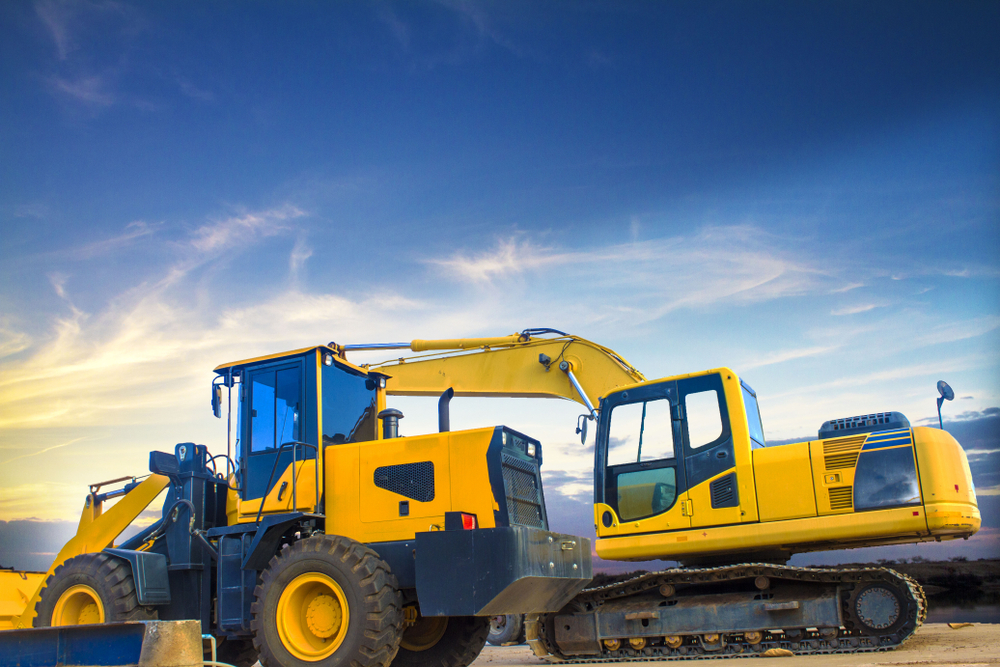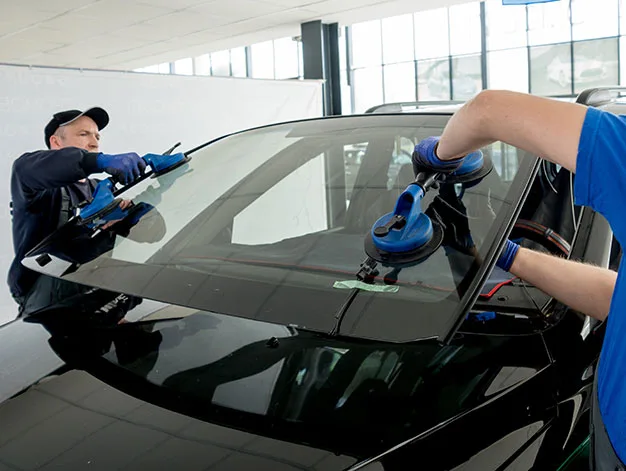The Challenges of Auto Glass Repair for Heavy-Duty and Industrial Vehicles
Heavy-duty vehicles need heavy-duty glass repairs
- Glass is more than just a window – it's key to safety and durability.
- Finding specialists with the right tools and skills is essential.
- Downtime is costly, so look for efficient repair services.
In the world of car maintenance, fixing auto glass is important for heavy-duty and industrial vehicles. But, it is often underestimated. This field has unique challenges. They set it starkly apart from regular car glass repair. They require a deep dive into its complexities.

Understanding the Unique Glass Requirements of Heavy-Duty Vehicles
They are heavy-duty and industrial vehicles, like trucks, construction equipment, and farm machinery. They need a special type of glass made to endure tough conditions. They face extreme stress. These include heavy vibrations, temperature swings, and potential impacts from debris. The glass in these vehicles is more than just for seeing. It's vital for the vehicle's structure and safety.
Navigating the Complexity of Custom Glass Shapes and Sizes
A primary challenge in the glass repair of these vehicles lies in the diversity of shapes and sizes. Heavy-duty vehicles often need custom glass. Passenger cars, in contrast, mostly use standard glass. This customization requires repair services to have many templates. They also need to cut and fit glass to unique sizes. This task demands both precision and expertise.
Ensuring Compliance with Safety Standards and Regulations
In the heavy-duty vehicle sector, safety is of utmost importance. Glass repair and replacement must adhere to stringent safety standards and regulations, ensuring the glass can withstand industrial rigors and provide necessary protection for operators. Compliance requires good materials and specific procedures. This is hard because of the wide range of vehicle types and purposes.
Overcoming Logistical Challenges in Repair and Replacement
These vehicles are heavy and for industry. Their size and needs create glass repair challenges. These vehicles are often integral to business operations, making downtime costly. Efficient repair services are crucial. They must be timely and minimize disruption. This requires high coordination and planning.
Advanced Technology and Tools for Precision Repairs
Technological advancements have ushered in new tools and techniques for auto glass repair, tailored specifically for heavy-duty vehicles. These include high-tech resin for chip repair. They also include custom-cutting tools and precise installation equipment. Repair services aiming to offer the best solutions must stay updated with these tech advances.
Expertise and Training: The Backbone of Quality Service
These repairs are complex. They show the need for skilled technicians with special training. The needed expertise goes beyond standard auto glass repair. It includes knowing the unique needs and challenges of heavy-duty vehicles. Continuous training and certification are vital to ensure high-quality, reliable repairs.
Cost-Effective Solutions Without Compromising on Quality
Balancing cost-effectiveness with quality poses a significant challenge in this niche. Businesses seek to cut repair costs. But, using low-quality materials or work can lead to higher costs. The key lies in offering low-cost solutions. They must meet the highest quality and safety standards.
Ensuring Customer Satisfaction through Reliable and Efficient Service
The main goal of any repair service for industrial auto glass is to satisfy customers. We need reliable, fast, and high-quality repair work to achieve this. It must meet each vehicle's specific needs. Building a great reputation in this field is essential. It is key to long-term success.
Conclusion
Repairing the glass of heavy-duty and industrial vehicles is a specialized field. It is challenging and crucial. To address these well, you need expertise. You also need advanced tech and a commitment to safety and quality. Dealing with these complexities helps repair services. They can provide vital help to the industries that rely on these tough vehicles. They ensure the safety and efficiency of the vehicles.
